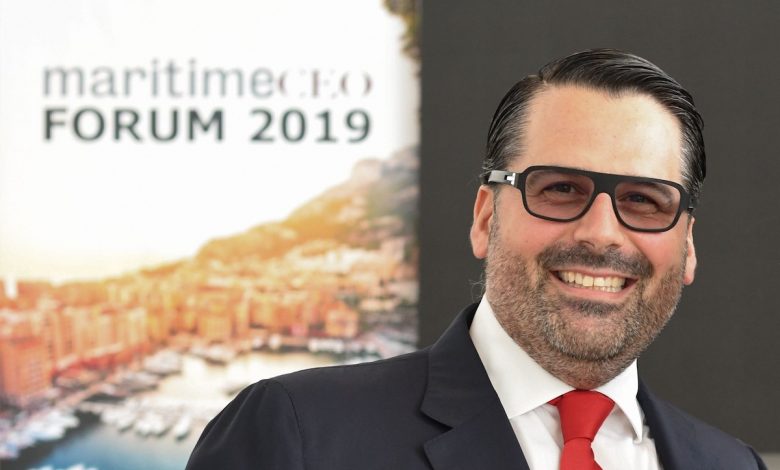Scorpio: Wind blows bulkers away

Once again Scorpio is the talk of the markets this month. The decision to exit dry bulk in favour of wind installation has elicited enormous comment and conjecture and set the pulses of S&P brokers racing.
In August Emanuele Lauro-led Scorpio Bulkers signed a letter of intent with South Korea’s Daewoo Shipbuilding & Marine Engineering (DSME) to construct a wind turbine installation vessel.
The vessel will cost around $265m-$290m and is scheduled for delivery in 2023, and Scorpio also has options for an additional three vessels.
The ships today cannot install the turbines being built for tomorrow
Starting this month, Scorpio kicked off a rapid dry bulk fleet clear-out, selling eight ships so far this month and making clear it intends to completely exit the sector.
Lauro tells Maritime CEO the decision to pivot from dry bulk was taken as dry bulk was a sector it could not dominate, unlike wind installation or the product tanker sector where it has led consolidation in recent years.
“It is dramatic,” Lauro concedes of the switch. However, this was a decision taken after nearly two years of deliberation where Scorpio looked at all manner of renewable diversification before latterly deciding on offshore wind.
“In 2018 we did not think of Scorpio Bulkers as the right place for a renewables play, but as time developed we were seeing the lack of interest from investors in dry bulk in general and the lack of volume in the stocks,” Lauro recounts.
The Italian tells Maritime CEO all bulk carriers will now be sold in a matter of months, not years, with plenty of interest from buyers coming in for both en bloc and single ship deals.
Scorpio has faced criticism for selling out too cheap, something Lauro takes umbrage with.
“Valuations are always fluctuating. Other transactions in the market are very comparable to what Scorpio is transacting,” he insists.
Lauro says the new chapter for the group is to build an “industry leading position” in offshore wind installation.
“We focused on the installation side because that is the only real segment in the business that is for sure going to experience a shortfall in supply come 2024 because the ships today cannot install the turbines being built for tomorrow,” Lauro explains.
As for the tankers side of the business, Lauro says there’s no plans for a fleet sell-off there.
“In tankers we are in different position to bulkers,” he says. “We’re the largest product tanker company out there. The market attention to product tankers is different to dry bulk commodities like coal and we have been a consolidator in this market for the last few years and these are all features that in bulkers are not available to us.”
